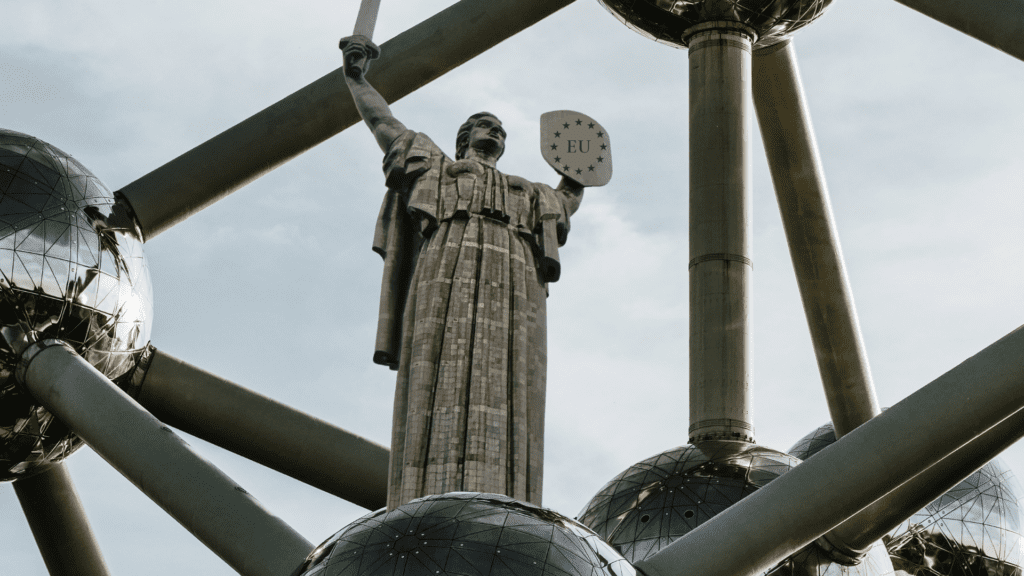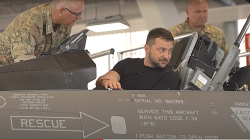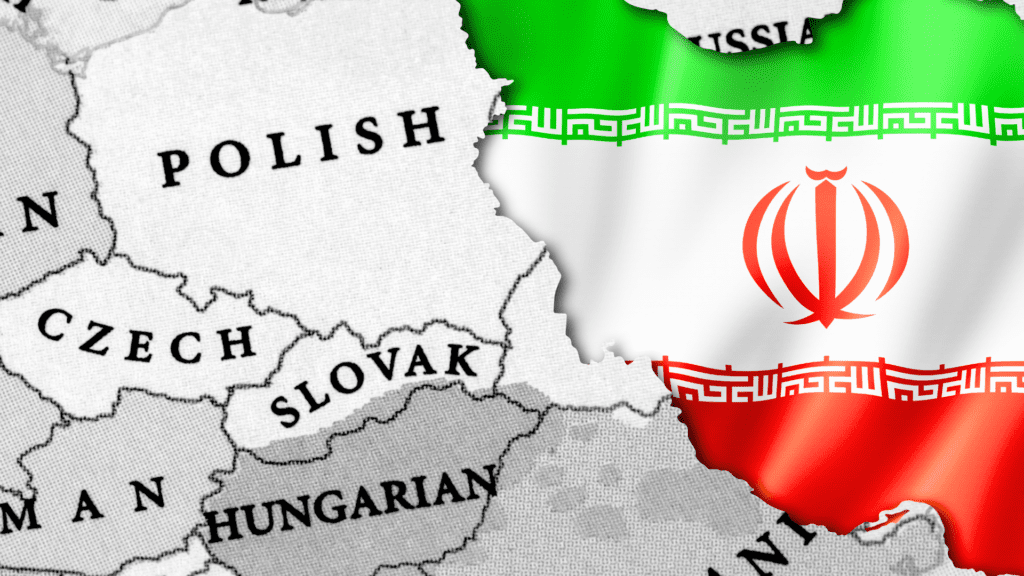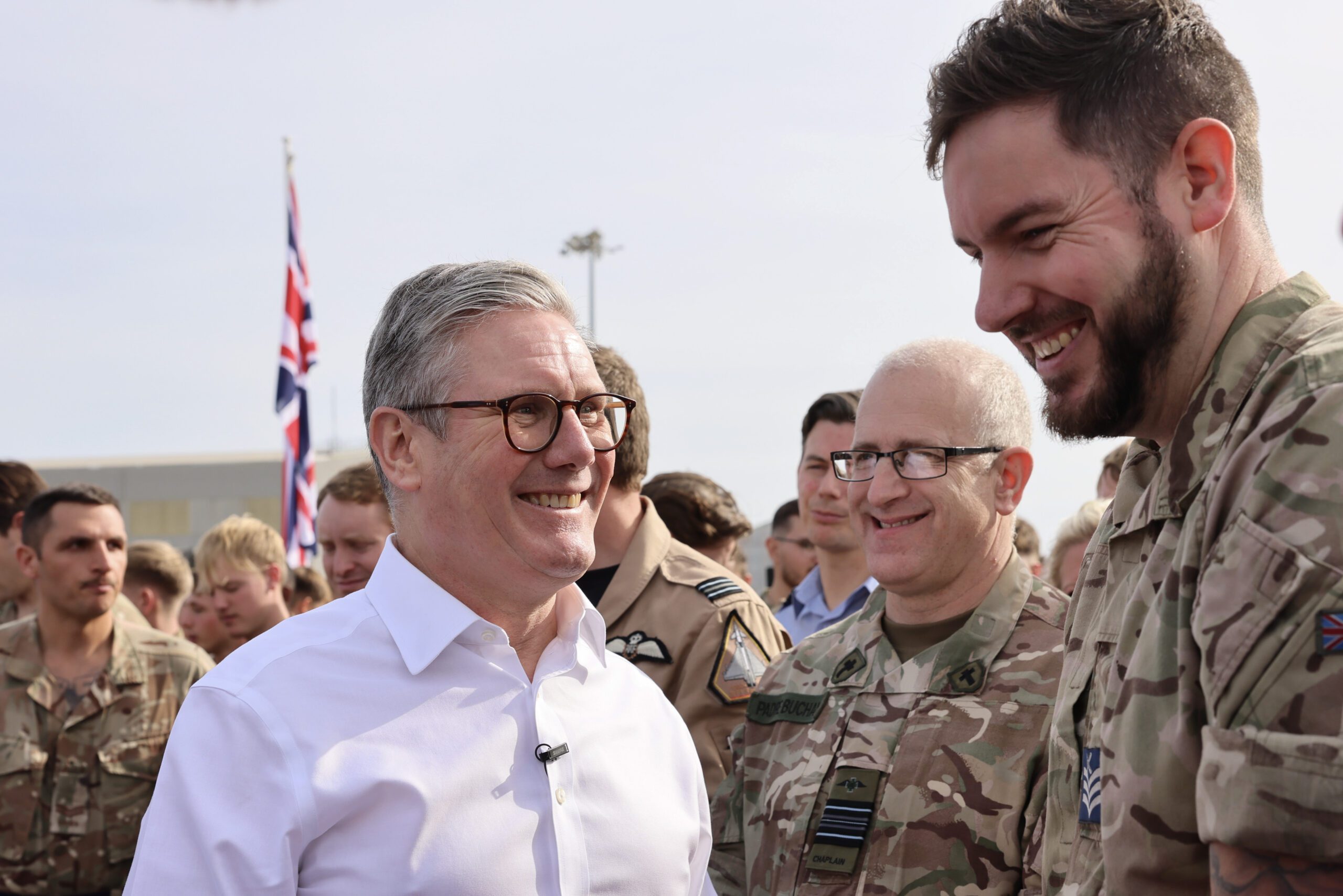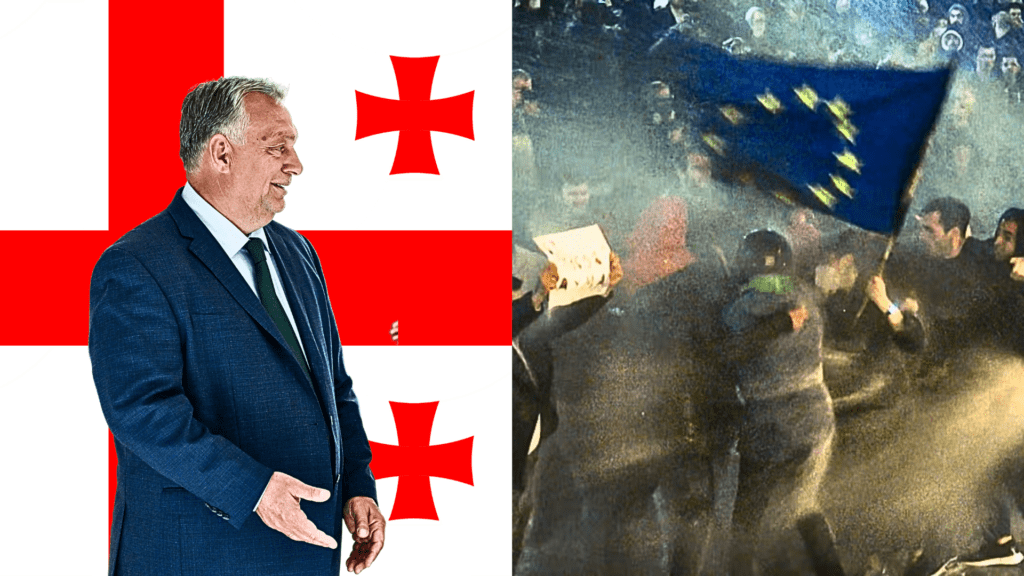Our Common Road to Europe
Source: Visegrad Insight
Before Russia’s attack on Ukraine, relations with Kyiv were practically on the periphery of political and public attention in Central European countries – even the occupation of Crimea and the war in the Donbas made little difference.
I still remember well how Ukrainian, or rather post-Soviet, topics began to disappear from television programmes and press publications in Central Europe.
Colleagues in Warsaw, Bratislava or Prague explained to me that this had a pattern. The most important things for their countries were European integration, NATO membership, relations with Germany and the United States as well as their own integration projects. Even a joint event with a Ukrainian representative under the Visegrad Four format could be met with opposition.
Ukraine was perceived as a country from “another world”; its own future in the EU and NATO was seen first as a political fantasy and then as a declaration that was difficult to implement quickly.
Altered reality
To say that Russia’s latest war of aggression changed everything is to get ahead of ourselves.
In fact, we still encounter the view that the war is taking place somewhere near Central Europe – perhaps very close – but not on its territory. It’s as if Central Europeans were thinking, “Not so much hangs on the outcome for us, and we need to think first of all about our own interests.” But this understanding does not account accurately for how reality has changed. In fact, the outcome of Russia’s war with Ukraine will change Europe – and even more so Central Europe – beyond recognition.
Of course, it can be said that this interpretation is – in case of an unfavourable outcome for Ukraine – most likely an attempt at intimidation. And when Ukrainian politicians say that their country is defending all of Europe in this war, this is still figurative, not reality.
NATO countries are under the US “nuclear umbrella”, with US President Joseph Biden promising to protect every inch of their territory. It certainly sounds attractive, but imagine if Russia eventually succeeds and either absorbs Ukraine or transforms it into a state resembling modern-day Belarus under Alyaksandr Lukashenka. Actually, this was the original goal of Putin’s “special operation” when Russian troops were approaching Kyiv.
Would that satisfy Russia’s ambitions? Definitely not.
It is worth recalling that on the eve of the attack on Ukraine, the proposals for security guarantees from the Russian Foreign Ministry insisted that not only should NATO member states ensure the impossibility of expanding the alliance at the expense of the former Soviet republics, but that they should also dismantle modern weapons that had appeared on the territory of the new NATO countries after 1997.
Simply put, the Kremlin declared that it had the right to interfere in the internal affairs of the former Warsaw Pact countries.
Real motivations
We often ask ourselves what the Kremlin’s real goals are in the war against Ukraine. Crimea? The Donbas? “Novorossiya?” Absorption of Ukraine? Going to the borders of the USSR in 1991?
These are only intermediate goals. Vladimir Putin’s main objective is to return to Yalta, to the results of the 4-11 February 1945 conference and the subsequent agreements of the great powers. It is no coincidence that immediately after the occupation of Crimea, a monument to its participants was erected on the peninsula: Joseph Stalin, Franklin Roosevelt and Winston Churchill.
The Russian president, his associates and fellow citizens see the modern world and Europe as the result of the victory of the Soviet Union (meaning Russia) in World War Two or the “Great Patriotic” War, as they call it. To restore justice is to return Russia to the 1991 borders before the USSR dissolved and restore the former communist empire’s sphere of influence.
The question “Do they really think this way?” seems rhetorical to me after the full-scale Russian attack on Ukraine and a year and a half of war.
It’s not even the question of “can they really think this way?” because that’s exactly how they think. The question of what they can do is also rhetorical. If we are already seriously discussing the possibility of a “hybrid war” from the territory of Belarus against Poland or Lithuania during Russia’s war with Ukraine, imagine for a moment the scope of such a hybrid war if it can be carried out from the territory of Ukraine, not only from Grodno but also from Uzhgorod, Lviv and Chernivtsi.
I wouldn’t rely too much on the promises of the United States either. After all, we have already seen the President in the White House looking for an opportunity to negotiate with Vladimir Putin. Imagine a situation in which Putin also finds himself the victor of the war and ruler of Eastern Europe.
Continued challenges
Therefore, it is in the common European interest to weaken Russia and facilitate Ukraine’s victory. This is precisely a matter of our common continental security. And this obvious fact simply has to be recognised.
However, what might happen after this victory? In fact, this is an equally difficult problem.
Ukraine will really be just a step away from NATO and the European Union. It would seem that this fact should cheer everyone, especially since our neighbours on the continent have been supporters of Ukraine’s integration.
However, the events of recent months are not auspicious. Politics of memory related to the difficult past and economic problems came to the surface against the backdrop of the ongoing war just after Russia’s refusal to continue the Black Sea Grain Initiative, indicating that challenges may arise not only in connection with European and Euro-Atlantic integration itself.
Problems may also arise in bilateral relations, which in turn will become a stepping stone to NATO and EU integration. No one seems to have taken notice that history may repeat itself and that Ukraine may share the fate of North Macedonia, whose bid to join the EU and NATO became a long-term hostage to bilateral blockages from Bulgaria and Greece.
One can, of course, convince oneself of the Ukrainian unconstructive approach or even “ungratefulness”. Such statements we have already heard from some Polish officials. But the truth is that it is the EU and NATO countries that can block Ukraine’s European and Euro-Atlantic integration. Ukraine simply does not have the power to steer the relationship.
Therefore, Ukraine’s neighbours should ask themselves whether they are interested in Ukraine’s European and Euro-Atlantic integration – not in words, but in deeds. And if they are interested, do they understand that such integration is a two-way street in which compromises on both sides are important? And most importantly, do they want Ukraine to be a benevolent neighbour after such integration, led by regional ties?
After all, in the process of integration – and this should also be understood – it is possible to impose any conditions that are unfair from the point of view of the candidate country, which the partner will be forced to accept. But after joining NATO and the EU, will it be possible to rewrite everything – from laws to history books? Most importantly, in such a case, Ukraine’s “political neighbours” for many years will be the countries of Western Europe, not Central Europe. Is this really beneficial for all of us?
Therefore, I insist that the process of European and Euro-Atlantic integration of Ukraine should proceed in a benevolent atmosphere. That the process of European integration and the process of resolving bilateral claims be parallel processes – so that in the future, we do not have to resort to the services of intermediaries, as was the case with Bulgaria and North Macedonia.
So, we see Ukraine’s European and Euro-Atlantic integration as our collective success and not as an opportunity to limit the possibilities of the Ukrainian economy and force Ukrainians to accept other people’s historical narratives without correction and reflection.
The experience of recent decades has shown that European solidarity makes it possible to find common solutions and heal the wounds inflicted by the wrongs of our difficult past. It is important to follow the path of ultimate reconciliation and awareness of a common future together, not separately.
_
Published as part of our Future of Ukraine Fellowship programme. Learn more about it here and consider contributing.
Photo by Cosmin Serban on Unsplash.
Your Central European Intelligence
Democratic security comes at a price. What is yours?
Subscribe now for full access to expert analysis and policy debate on Central Europe.
The original article: belongs to Visegrad Insight .
